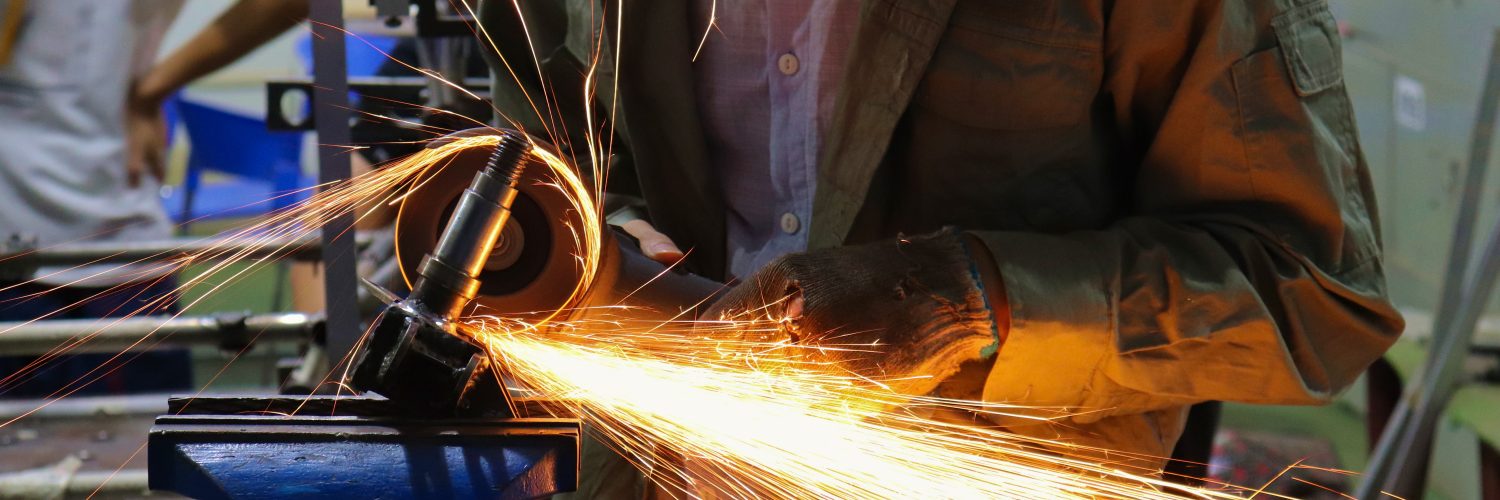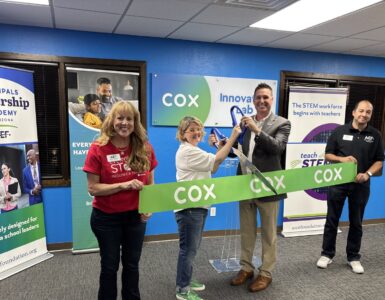Obtaining a higher education degree – whether an associate’s degree, bachelor’s degree, or something more advanced – is invaluable for higher-paying jobs. Separating oneself from other job-searchers is becoming increasingly challenging for high-skilled workers, making education even more important.
But in today’s job market, with a record economic expansion and historically low unemployment rate, employers are finding it increasingly difficult to hire the right talent. This has created many unprecedented opportunities for low-skilled job-hunters.
During the recession, the ratio of those employed and without a high school diploma dropped 6 percentage points between 2008 and 2010, according to the Department of Labor. This compared unfavorably to college graduates, who experienced just a 2.5 percentage point drop. Unsurprisingly, the wages of these low-skilled workers also fell much more drastically than those with more education.
But by last year, low-skilled workers covered the gaps for both the unemployment and wage rates. In fact, since 2014, the employment rates of workers without a high school diploma has risen significantly more than those that have graduated high school and/or college.
“When consumer confidence rises, income goes up, more people get jobs, and they’re getting better jobs, and now the reverse begins to happen,” economist Alan Maguire said. “We’re now starting to see people spend more money on discretionary items. There are a lot more people going to Applebee’s than there were six or seven years ago — those are new low-skilled jobs taken by people who were removed from the labor market. So now we’re seeing the reverse pattern — workers that have been trading down or going back up. College graduates who took retail jobs or barista jobs are getting a real job that uses their college degree and their skills. So, we’re seeing that worker transition back up the skill level, and that creates more opportunities at the bottom.”
Maguire explains that federal policies have been instrumental in driving this upward momentum in employment. The Tax Cuts and Jobs Act gave businesses more freedom to hire new workers and raise wages, and the increase in income subsequently leads to more consumption. In turn, this creates a positive feedback loop for business growth and economic momentum as a whole.
“I think there will be permanent improvements in the economy by virtue of tax cuts — because remember what a tax cut does: it lowers the cost of doing business. And in a world like we have right now where prices are very sticky and inflation is very low, if I’m charging $5 for an item to do business and my taxes go down, I now have another $.25 or $.50 in that item that I can spend on labor,” Maguire said. “So, I can take the risk of adding another employee because my taxes went down. I would argue that because of what’s happened with the pressure in labor markets, we’re getting people trained in even rudimentary skills that they will be able to keep for the rest of their lifetime.”
















Add comment